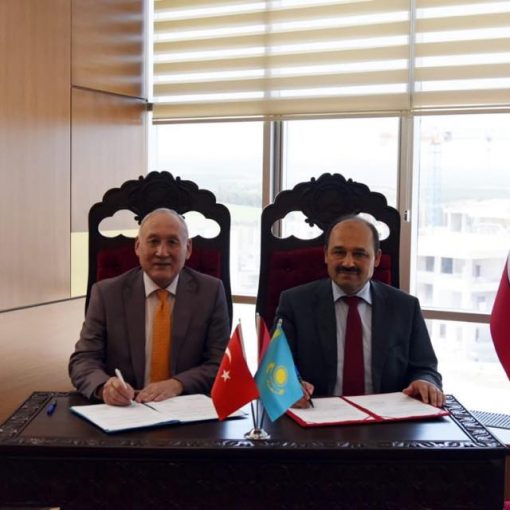On July 4, 2023, the Law “On Professional Qualifications” was adopted, which, among other things, regulates non-formal education.
Today, you can build your learning trajectory independently, without linking it to any particular educational institution, but divide it into modules, mastering something online, something offline.
According to Article 37 of the Law “On Education”, non-formal adult education is carried out by organizations that provide educational services provided without taking into account the place, timing and form of education, and is accompanied by the issuance of a document confirming the results of training.
Non-formal adult education is provided by organizations that provide educational services provided without regard to the place, timing and form of education, and is accompanied by the issuance of a document confirming the results of training.
The learning outcomes obtained by adults throughout their lives through non-formal education are recognized in accordance with the procedure provided for by this Law and contribute to further employment.
The purpose of non–formal education is to create conditions for the implementation of educational services and diverse human needs in advanced training and the development of new knowledge and technologies, providing opportunities for young, adults and the elderly to master personal and professional competencies.
Currently, Kazakhstan has the Concept of Lifelong learning, on the basis of which people can continue their lifelong education. This Concept is an important part of the educational system of our country. The world is constantly improving information technology, life increasingly requires a modern person to acquire the quality of the ability and desire to learn, while acquiring new knowledge and competencies. This quality cannot be acquired within the framework of regular education, therefore, non-formal education comes first.
Non—formal education is a type of education that is currently developing and becoming increasingly popular, which includes advanced training programs, professional retraining, vocational training, courses, trainings, practical seminars (workshops) and master classes, and these services can be provided anywhere, without limitation of the terms and scope of the form of education, but it is mandatory to issue a certificate or certificate of completion of education and is a supplement or alternative to formal education.
It is the creation of conditions in which conditions are created in which a person could realize their educational needs, improve their skills and master new technologies and gain new knowledge that are the goal of non-formal education, i.e. to acquire new competencies, both personal and professional, and there are no restrictions on age or on the sphere in which He’s working. Thus, non-formal education is available to everyone.
From this it can be concluded that the concept of “final education” is not final, but smoothly transitions into the concept of “continuing education”, and thus throughout life. It is for adults that this concept gives them the opportunity to satisfy their cognitive abilities, improve their qualifications, get those innovations that life has brought to their field of activity, improve their qualifications and these areas are the tasks of non-formal education.
With the introduction of non-formal education, almost all educational institutions providing formal education recognize the need for non-formal education and recognition of their results. It is this recognition that helps to shape an individual learning trajectory. Currently, the labor market has increased demands on its employees for advanced training and professional retraining, without these data, career growth becomes impossible.





